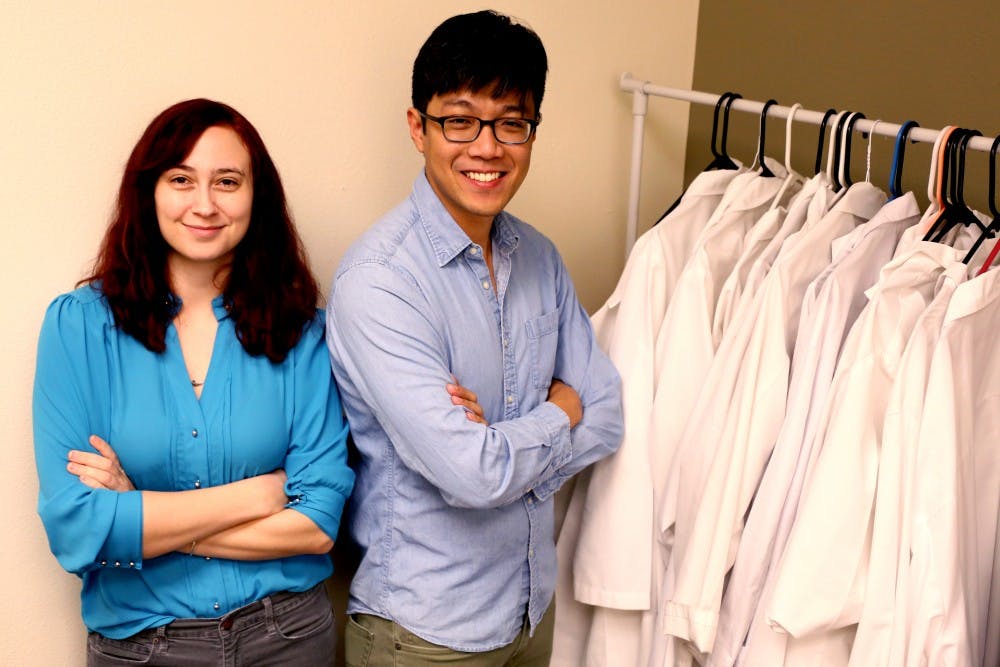In an age where racial issues are at the forefront of American politics, one question has captured the interests of two ASU Ph.D. students: Why do racial stereotypes in America take form the way they do?
Sixth-year Ph.D. and law student Keelah Williams decided to explore racial stereotypes by driving participants to challenge where their racial stereotypes originate.
“We were asking, 'Why do people have the stereotypes that they do?'” Williams said. “What we found was that the stereotypes that people have might not have to do with race."
She said they found that people's stereotypes were impacted by their ecology — the
During the experiments, Williams used two different types of ecologies to focus on: Desperate ecologies with resource-poor, unpredictable environments and hopeful ecologies with enough resources and stable environments.
When the researchers gave information to participants about a person's race, individuals stereotyped blacks as if they were from desperate ecologies and whites as if they were from hopeful ecologies.
But when individuals were given information about race and ecology, researchers found that black and whites in both ecologies were similarly stereotyped.
The study suggested that racial some stereotypes are more ecologically driven than racially driven. So if you compared a white and black person in a desperate ecology, the same stereotypes would be placed upon them.
However, when they took the ecologies out of the mix, blacks were more associated with the desperate ecology and white with the hopeful.
Williams and her research partners even explored possible solutions to the stereotypes that include creating an infrastructure that limits these generalizations, helping others empathize with those living in desperate economies and manipulating cues to ecology like how one dresses and acts.
“The theory in which we derived our predictions originally comes from biology," Williams said. "It makes predictions about not just human beings, but animals.”
Doctoral student Oliver Sng, who also worked with Williams on the research study, said their findings produced some surprising facts about the neighborhoods in which blacks and whites grow up.
“Our prediction here is: If I know what environment you live in and where you come
“A lot of us tend to hold this belief that black individuals live in neighborhoods that are harsh, more unpredictable,” Sng continued. “And it is in those neighborhoods that actually lead to certain kinds of behavior — doesn’t matter if you’re black or white, it’s the neighborhood that’s important here."
Sng discussed that the findings of the study which was about black and white Americans could be applied to many parts of the world that also have the same stereotypes within their countries.
“There
Nursing freshman Arlene Lamas said that after hearing the findings of the study, she noticed the stereotypes she holds could possibly come from certain environmental factors.
"I think that my stereotypes come from my environment," Lamas said. "I found it really interesting to see the stereotypes and the environments that drive these stereotypes."
Correction: Due to a reporting error, a previous version of this article incorrectly identified the year in school of a source and the finding of the studies. This version has been updated with the correct information. Clarification has also been added.
Related Links:
Graduate students publish article on counteracting stereotypes
Uncritical viral videos perpetrate unhelpful stereotypes
Reach the reporter at sgreene6@asu.edu or follow @thesydneygreene on Twitter.
Like The State Press on Facebook and follow @statepress on Twitter.




